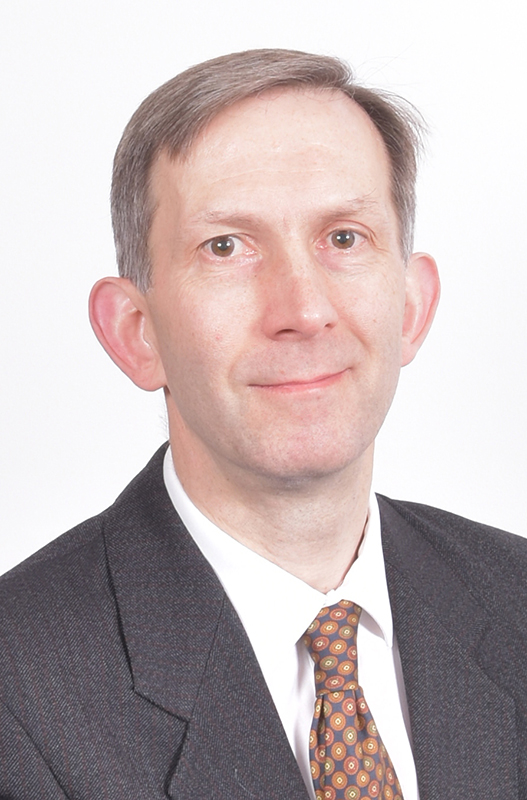Professor Richard Prager 
Background - Research - Publications - Teaching
Office Location: BEO-09Telephone: 01223 332771
Fax: 01223 332662
Email: rwp [at] eng.cam.ac.uk
Background
Richard Prager is one of the leaders of the Medical Imaging Group. He is a fellow of the Royal Academy of Engineering, Queens' College Cambridge and of the Institution of Engineering and Technology. His research interests are in the development of ultrasonic imaging techniques and their applications in medicine. He is one of the principle architects of the Stradx and Stradwin freehand 3D ultrasound systems.Online tool to help students prepare for university engineering entrance interviews
i-want-to-study-engineering.org provides a collection of problems, many of which have been used in Cambridge engineering entrance interbviews in the past. The site offers a comprehensive set of hint videos to support students as they work out their solutions. The problems are designed to help students learn to solve multi-stage technical problems, not just as a tool for interview preparation. The site is funded by a generous donation from The Underwood Trust and is edited by Prof Prager.Research Projects
A full list of Research Projects in the Medical Imaging Group can be viewed here.Research Opportunities
We are always looking for new students with knowledge and interest in one or more of the following areas: ultrasonic imaging and modelling,C/C++ programming and algorithm design,
signal processing,
computer graphics,
image processing,
medical imaging modalities. See the Projects page for an idea of our current and past research interests.
Publications
A list of publications can be found here.Teaching
I used to deliver part of the first year engineering maths course covering convolution, Fourier series, and probability. I also lecture MEng students on medical image acquisition. In the past, I have lectured the first year digital circuits course, including topics such as combinational and sequential logic.- Medical Imaging Group
- Overview
- Members
- Projects
- Research Opportunities
- Free Software
- Machine Intelligence Homepage
